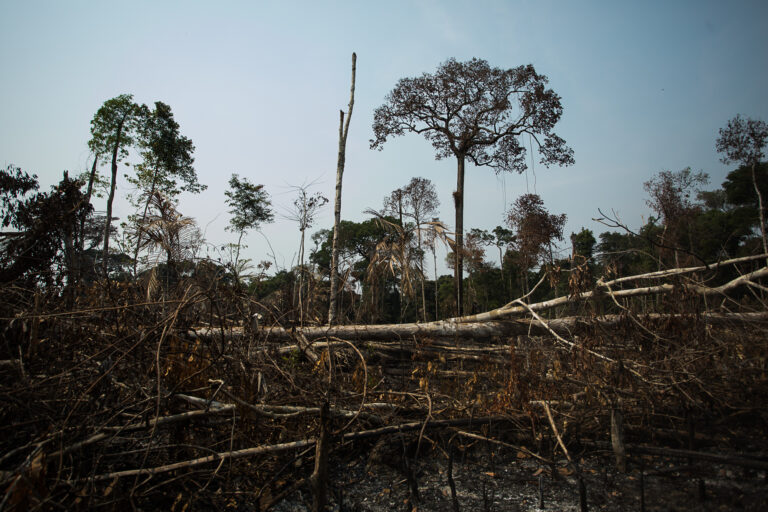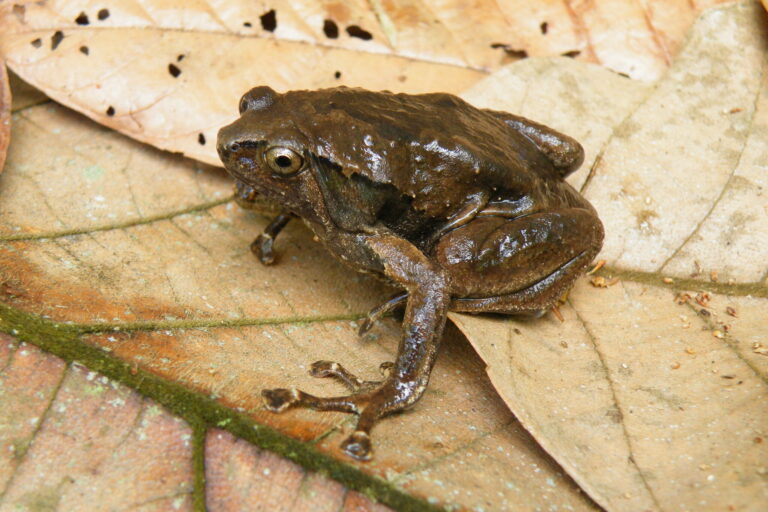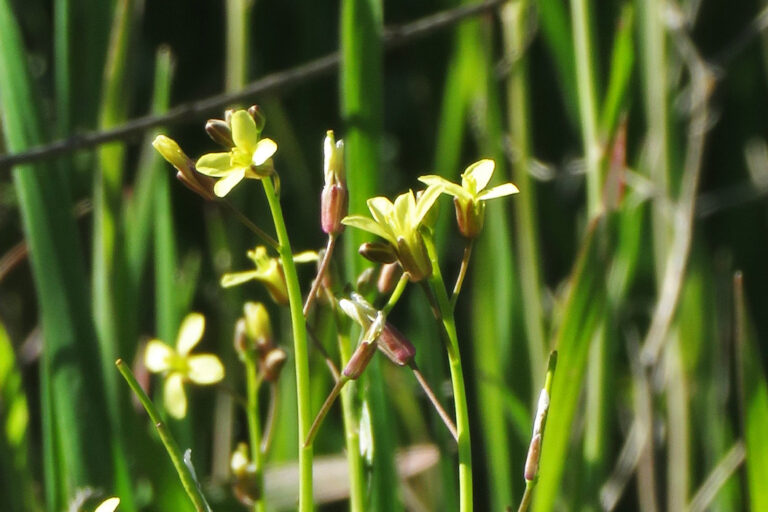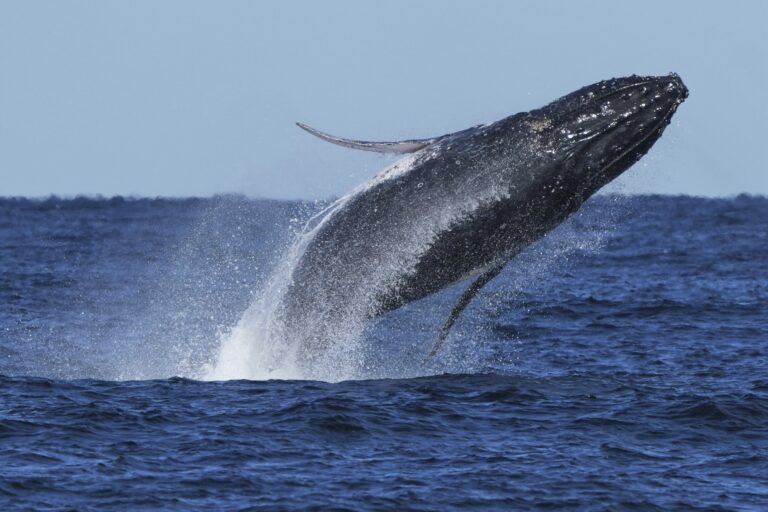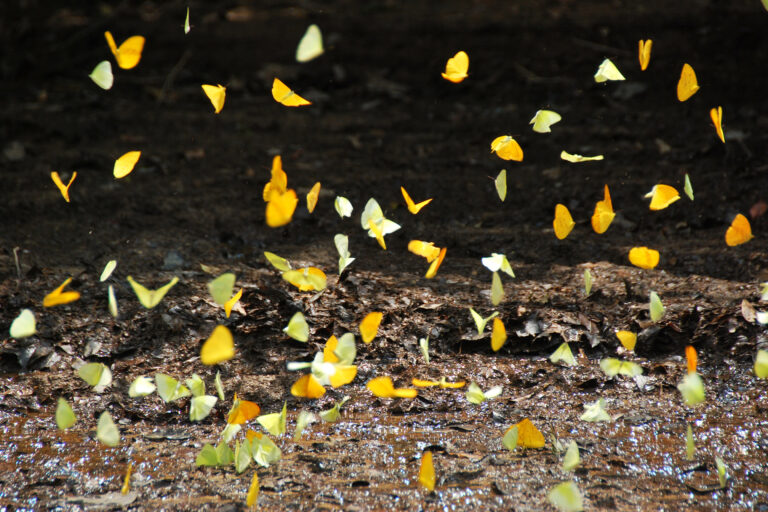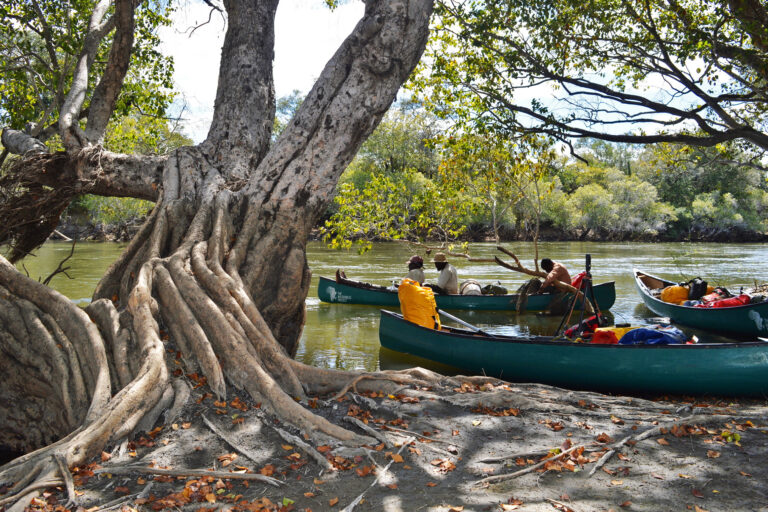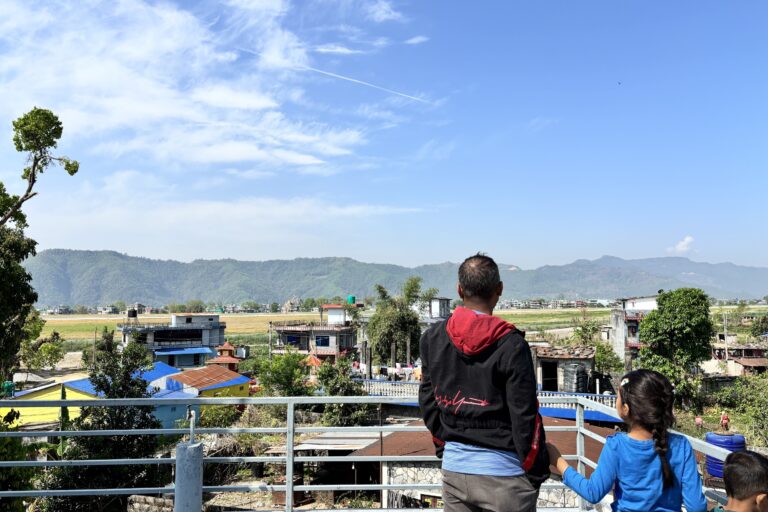- Indonesia’s Supreme Court has rejected a final appeal from a coal company after it and the ministry of energy and mines lost a lawsuit filed by the Indonesian NGO Walhi three years earlier.
- The company, PT Mantimin Coal Mining (MCM), had received an operating permit in South Kalimantan province without completing an environmental permit, which Walhi successfully argued was illegal.
- Walhi urged the ministry of mines to obey and implement the Supreme Court’s decision.
- Walhi has also asked President Joko Widodo to immediately evaluate problematic mining permits in the province, especially after a disastrous flood this year was tied to operating and abandoned mines.
Environmentalists in Indonesia’s South Kalimantan province have emerged victorious after a three-year legal battle against a company that planned to displace thousands of people and mine coal in a rich, mountainous rainforest.
The Supreme Court rejected last month the coal company’s final appeal in a lawsuit that argued the former minister of energy and mines should not have given an operating permit to PT Mantimin Coal Mining (MCM) because it had not produced an environmental permit first.
“This is good news in the midst of the ecological disaster that’s happening in South Kalimantan,” Kisworo Dwi Cahyono, director of the provincial chapter of Indonesian environmental NGO Walhi, said in a recent online discussion. “The people of South Kalimantan awaited this decision after going through a long process and twice unsuccessfully suing in lower courts. Finally, the people’s voice was heard, and we won.”

Walhi lodged the lawsuit in February 2018 against MCM as well as the former mining minister, Ignasius Jonan. The company’s permit to operate in a 5,908-hectare (14,600-acre) concession in the Meratus Mountains was issued in December 2017.
Two other MCM concessions were given operating permits at the same time, which by a 2017 regulation meant that MCM’s other permit application could also be advanced. At that time, the company had not yet produced an environmental impact assessment for the area, which would have included community consultation.
MCM did not begin production, but locals said they had begun to be offered deals for their land.
“Walhi is grateful to all the parties and elements of society who supported the lawsuit. To the defendants, we urge them to carry out the Supreme Court decision,” Kisworo said, referring to the stipulation to rescind the operating permit in the original Supreme Court decision of October 2019.

The fight to save the Meratus Mountains, Kisworo said, has lasted decades. Since he was a university student, Kisworo has watched mining, logging and oil palm spread across South Kalimantan, while Indigenous groups struggle to gain recognition in the eyes of the government. The “Save Meratus” movement is not over, he said.
In making the decision, the court considered protections needed for the karst mounts that line the Meratus foothills and were found inside the mining concession. Locals were concerned that turning the area into a mine would cut off or contaminate water sources while removing the natural water catchment area and increasing the risk of flooding.
“The judges were right in acknowledging that the minister’s decision to grant the permit violated the general principles of good governance, namely the precautionary principle,” Kisworo said, referring to a careful approach used when scientific knowledge is lacking.
“There is no longer any reason to delay and not carry out the court’s decision,” he added.
Before the court’s decision, Walhi had taken the movement into online activism and directly to the president’s palace. Kisworo and others had traveled to Jakarta to ask President Joko Widodo to urgently evaluate and revoke the problematic permits in South Kalimantan. He and others have amplified the call in the wake of a recent deadly flood that has been tied to forest clearing in the province.
In early January, 24 people died and more than 100,000 were displaced in South Kalimantan as flash floods hit major towns. Environmentalists blamed widespread forest clearing for coal mines and oil palm plantations upriver that compromised the area’s ability to absorb water. Police are considering opening an investigation into the allegations.
According to Walhi data, 3.7 million hectares (9.1 million acres) of the province — almost 50% — are taken up by mines and timber and oil palm plantations. Coal mining makes up the largest portion. The Meratus Mountains are in some sense the last frontier of extraction, where roughly 168,000 hectares (415,000 acres) are slated for development.
Nur Hidayati, the national executive director of Walhi, said the mining permit, which was issued by the central government, contradicted the local government’s plans for the area. The government of Hulu Sungai Tengah district, one of three that the concession straddled, was largely opposed to the license. Indonesia’s recently passed “omnibus law” on job creation strips some power from local governments, making it more difficult for locals to determine the fate of their own forests.
“The new job creation and mining laws give immense flexibility to mining companies,” Nur said.

The district government and parliament say they intend to follow up the court’s decision with policies that protect its portion of the Meratus ecosystem and its water sources. Yazid Fahmi, a member of the district parliament, said this commitment has been written into the district’s medium-term development plan. It’s especially important, he said, because illegal logging continues to threaten the Meratus Mountains. Hulu Sungai Tengah is the only district in the province without coal mining, but forest clearing still threatens the district with floods and landslides.
The district government also wrote to the ministry of mines, requesting it revoke MCM’s permit. A former deputy district head said the government has advised the Save Meratus movement to continue and recommended reforesting the area, possibly as a conservation area.
“This is momentum for the ministry to evaluate policies that are not in nature’s favor,” said Walhi lawyer Judianto Simanjuntak. “This is a lesson for the ministry that the environment and water sources should be protected for the future of the people of South Kalimantan.”
This article was first reported by Mongabay’s Indonesia team and published here on our Indonesia site on Feb. 23, 2021.






